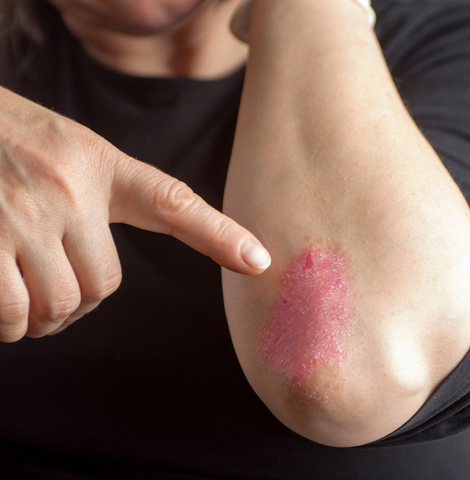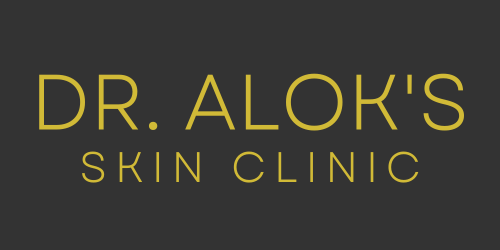
Psoriasis
What causes Psoriasis?
People with psoriasis may experience skin flares when the condition worsens and then improves. Some triggers for flares include stress, infections, too much alcohol, and climate changes which cause skin dryness. Certain medicines, like oral corticosteroids, cause an exacerbation of the condition.
What are the symptoms of Psoriasis?
Psoriasis can appear suddenly or take time to appear. It goes away and flares up repeatedly. Patches of skin which are itchy and irritated appear, as well as redness, on different parts of the body. The skin patches can be covered with silvery, flaky skin and may be raised and thick which needs to have ministered and skin treatment in Bhubaneswar is trustworthy for the matter. Joint pain may be symptomatic of psoriasis as well as nail thickening, yellow/brown spots on nails or separation of the nail from its underlying base.
How is Psoriasis treated?
Depending on the psoriasis type, severity, size in the affected areas, and the patient’s response to initial treatment, doctors choose the appropriate treatment. There are effective topical and oral treatments available.
Medicines can also be taken orally or via injection which treats the entire immune system, also known as systemic therapy. Recently, combination therapy, using lower doses of various topical creams, lights and systemic treatments has increased in its effectiveness.
Five to six monthly treatments would be necessary for its effectiveness and you can get the best psoriasis treatment in Greater Kailash. All forms of treatment have different success rates for each patient. What works for one does not necessarily work for others.
Therefore, doctors will use a trial-and-error approach and may need to switch forms of treatment in order to find the most effective kind of treatment for the patient.
